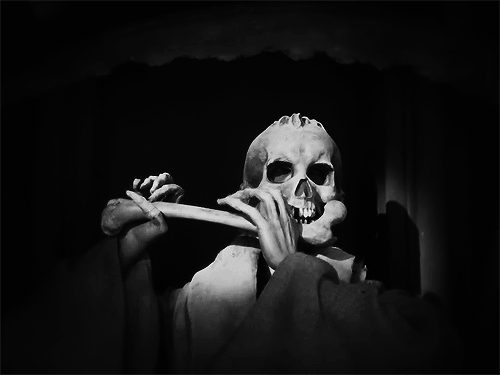Truth and consequences
“And ye shall know the truth, and the truth shall make you free.†– John 8:32
The truth is not comfortable. The truth is not easy. The truth is a bitter pill to swallow. One can no longer justify the comforting illusions one once held. You drink too much, or you are too fat, or you spend irresponsibly, or have character defects — most people cannot even stomach these simple truths. How can we expect them to digest the far more bitter fruit of the reality of Crowdism, parasitism, and the rather unfortunate fact that no, we cannot all just cannot get along?
Nikolai Gogol, one of the greatest Russian authors, towards the end of his life changed his liberal attitudes towards the Russian serfs, who he had previously advocated educating. Instead, Gogol told landowners that they must not beat their serfs, but instead of teaching them to read, the master must instead read Scripture to them, encourage Christian piety and become “a patriarch, the inceptor of everything, the vanguard of all things.â€
But if knowledge is knowing the truth, should we not seek to educate everyone of it, to proselytize the anti-modernist way of seeing things, so that others may know the truth?
The answer is, of course, no.
Questions about truth become entangled with questions about education, and even more mixed up with issues of morality. It is true that it is worse to have a misleading or bad teacher than to have never learned anything at all. And it is also true that most people would likely misuse or misunderstand whatever they are taught. But these are questions of education, learning, exercises of the mind and not of the soul.
But education is not truth, and truth is not education. The fact that we conflate the two shows how deeply most of us have ingested the progressive narrative. What they mean by “education†has no relation to the truth: outside of the teaching of concrete theory like mathematics, it tends to be post-modernist propaganda. A false education can lead one so far down the path of nonsense that one may be completely lost. And when surrounded by an echo chamber of one’s peers in which everyone is trying to show off by demonstrating how “educated” they are, one can then never escape that false education.
A true education though, besides subjects like history and mathematics, is primarily the trivium, which is not comprised of knowledge itself but tools for assessing and applying knowledge: rhetoric for persuasion, logic to ensure consistency, and grammar to be able to communicate.
All of these things are separate from the truth. But what is the truth? In our context, what is true is what is in accordance with physical, logical, and spiritual reality. As such, the truth is something that can be checked and communicated by those who are properly educated- its existence is prior, and it does not depend on “educated†people to discover it.
But one needs to be properly educated to begin to understand more detailed formulations of the truth, and even more educated to engage with them philosophically and otherwise. So do the common people need to be educated, or know the truth, or both?
The answer is, to adopt the attitudes of Gogol. The common people need the truth; they have always needed it. Each man cannot be expected to be his own Aristotle. He needs the truth conveyed to him in a way that he can absorb, through myth and storytelling, and through heuristics, or homegrown wisdom born of experience. And he needs an example, a signor or patriarch to demonstrate to him virtue in action. This is why great epics like the Odyssey, Bhagavad-Gita and even The Bible exist: to tell us truth through concrete cause-and-effect histories like parables. These take the form of myth, but they show us the pattern of life: a decision presents itself, a character either overcomes his inner flaws to make a right decision or gives in to the wrong, and a result occurs that shows the consequences of his actions.
The best myths convey truth on multiple levels of understanding, and heuristics come into being due to wisdom being past down by those with concern for the truth. So must each man be educated? No, a thousand times no. But for each man who is educated, it will be his obligation to set an example to those beneath him and how he must conduct himself, and reinforce and re-sacralize the myth that teaches those beneath him each generation. Further, the gentleman, the signor, must allow and encourage the development of good heuristics amongst those who stay uneducated, understanding that if the right example and direction is set, the earthy wisdom of the common man will fill the gaps with heuristics.
So must each man be taught the truth, so that he might be set free? Yes, is the reactionary answer, yes, but in a way that matches his ability to understand. But shall each man be educated? No, is the answer. But if the example and environment is made that he lives in a place that loves truth, and loves wisdom, then wisdom will be all the education he ever needs.
Tags: caste, education, knowledge, philosophy, scientific method, truth










